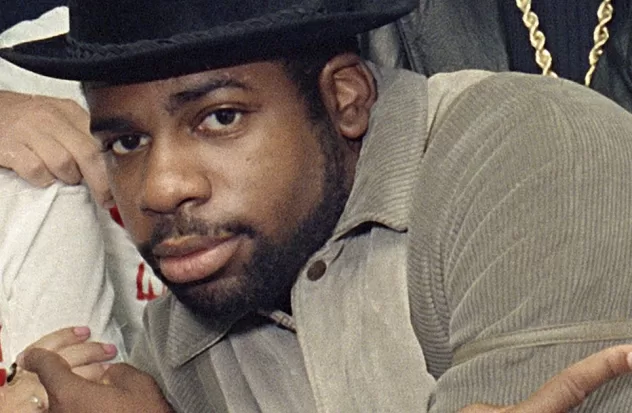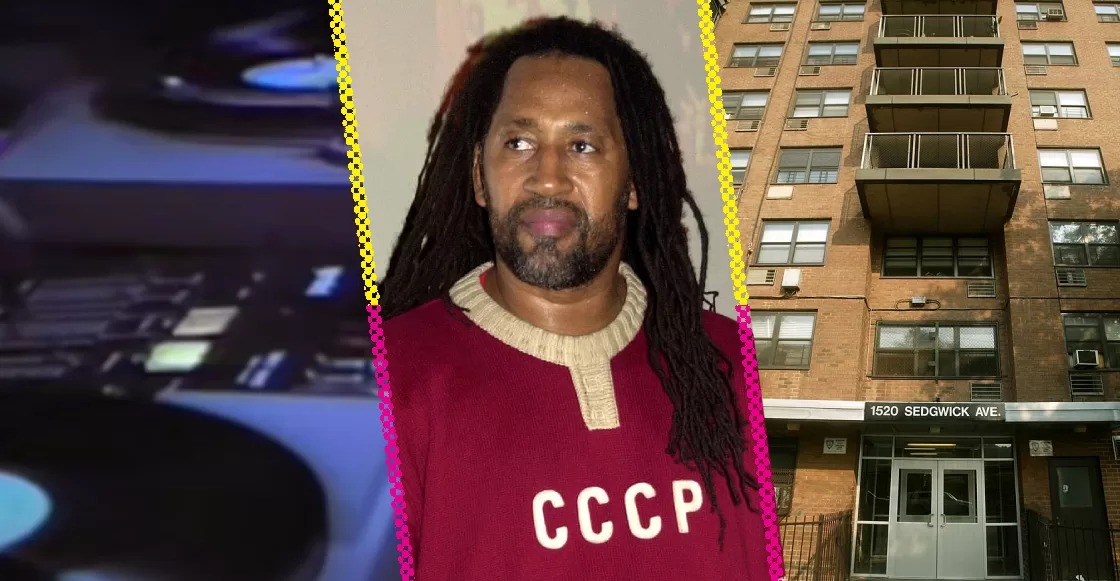NEW YORK.- More than 20 years after Run-DMC star Jam Master Jay was brazenly gunned down in his recording studio, a jury found two guilty men for his murder on Tuesday, putting an end to one of the world’s most elusive crimes. hip hop.
An anonymous federal jury in Brooklyn found Karl Jordan Jr. and Ronald Washington guilty of killing the pioneering DJ in revenge for a botched drug deal, according to prosecutors.
Jam Master Jay, whose real name was Jason Mizell, mixed for Run-DMC and helped make hip hop popular in the 1980s with hits like It’s Tricky and a new version of Walk This Way de Aerosmith.
Like the murders of rap icons Tupac Shakur and Notorious B.I.G. in the late 1990s, the December 30, 2002, shooting remained unsolved for years. The authorities were inundated with clues, rumors and theories, but they could not get the witnesses to come clean.
“It’s no mystery why it took years to charge and arrest the defendants,” Breon Peace, Brooklyn’s top federal prosecutor, told reporters after the verdict. “The witnesses in the recording studio knew the killers and were terrified that they would retaliate if they cooperated with authorities and identified Mr. Mizell’s ruthless executioners. But their strength and determination in testifying at this trial was a triumph for the good over evil and courage over fear.”
The accused
Jordan, 40, was the godson of the famous DJ. Washington, 59, was an old friend who was staying at the DJ’s sister’s house. Both men were arrested in 2020 and pleaded not guilty.
“You just killed two innocent people,” Washington shouted to the jury after the guilty verdict.
Jordan’s supporters also erupted at the verdict, cursing the jury. “I love you,” Jordan told the group, who sat on the courtroom benches before they were escorted out of the courtroom and there was more shouting.
Lawyers for both men said they formally asked the judge to overturn the jury’s guilty verdict and acquit them. “We are optimistic,” one of the Washington lawyers, Susan Kellman, told reporters. “My client did not do this. And the jury heard testimony about the person who did it.”
The men’s names, or at least their nicknames, had been linked to the case for decades. Authorities publicly named Washington as a suspect in 2007. He had told Playboy magazine in 2003 that he had been outside the studio, heard the gunshots and saw Little D, one of Jordan’s nicknames, run out of the building.
Mizell’s relatives welcomed the verdict and regretted that his mother would not live to see it.
“I feel like I’m carrying a 2,000-pound weight on my shoulders. And when the verdict came today, it was gone,” said Carlis Thompson, Mizell’s first cousin, who wiped away tears after the verdict was read. “The wounds can begin to heal now.”
Hypothesis about what happened
Mizell participated in Run-DMC’s anti-drug message, conveyed through a public service announcement and lyrics such as “we ain’t thugs / we don’t do drugs.” But according to prosecutors and trial testimony, he racked up debts after the group’s heyday and worked as a cocaine broker to cover his bills and his usual generosity to his friends.
“This was a man who got involved in the drug game to take care of the people who depended on him,” Assistant U.S. Attorney Artie McConnell said in his summary.
Prosecution witnesses testified that Mizell had a plan to acquire 10 kilos of cocaine and sell them through Jordan, Washington, and a trafficker based in Baltimore. But the Baltimore connection refused to work with Washington, according to testimony.
According to prosecutors, Washington and Jordan went after Mizell out of revenge, greed and jealousy.
Two eyewitnesses, former studio assistant Uriel Rincon and former Mizell business manager Lydia High, testified that Washington blocked the door and ordered High to lie on the floor. She said he brandished a gun.
Rincón identified Jordan as the man who approached Mizell and exchanged a friendly greeting moments before shots rang out and a bullet wounded Rincon himself. Three other people, including a teenage singer who had just stopped by the studio to show her demo, testified that they were in an adjoining room and heard, but did not see, what happened.
Other witnesses testified that Washington and Jordan made incriminating statements about Mizell’s murder after it occurred.
The condemned
Neither Washington nor Jordan testified. His lawyers questioned the credibility of the prosecution’s key witnesses and their recollections of the shooting that occurred so long ago, noting that some initially denied being able to identify the attackers or having heard who they were.
“Virtually every witness changed their testimony 180 degrees,” Kellman told the judge during legal arguments.
Witnesses said they had felt overwhelmed, reluctant to share secondhand information or feared for their lives.
The trial shed limited light on a third defendant, Jay Bryant, who was charged last year after prosecutors said his DNA was found on a hat at the scene. They claim he snuck into the studio building and let Washington and Jordan in through the fire door in the back to avoid using the doorbell.
Bryant pleaded not guilty and will have a separate trial.
Testimony suggested that he knew someone in common with his co-defendants, but there is no indication that Bryant was close to Mizell, if they ever met.
FUENTE: AP


